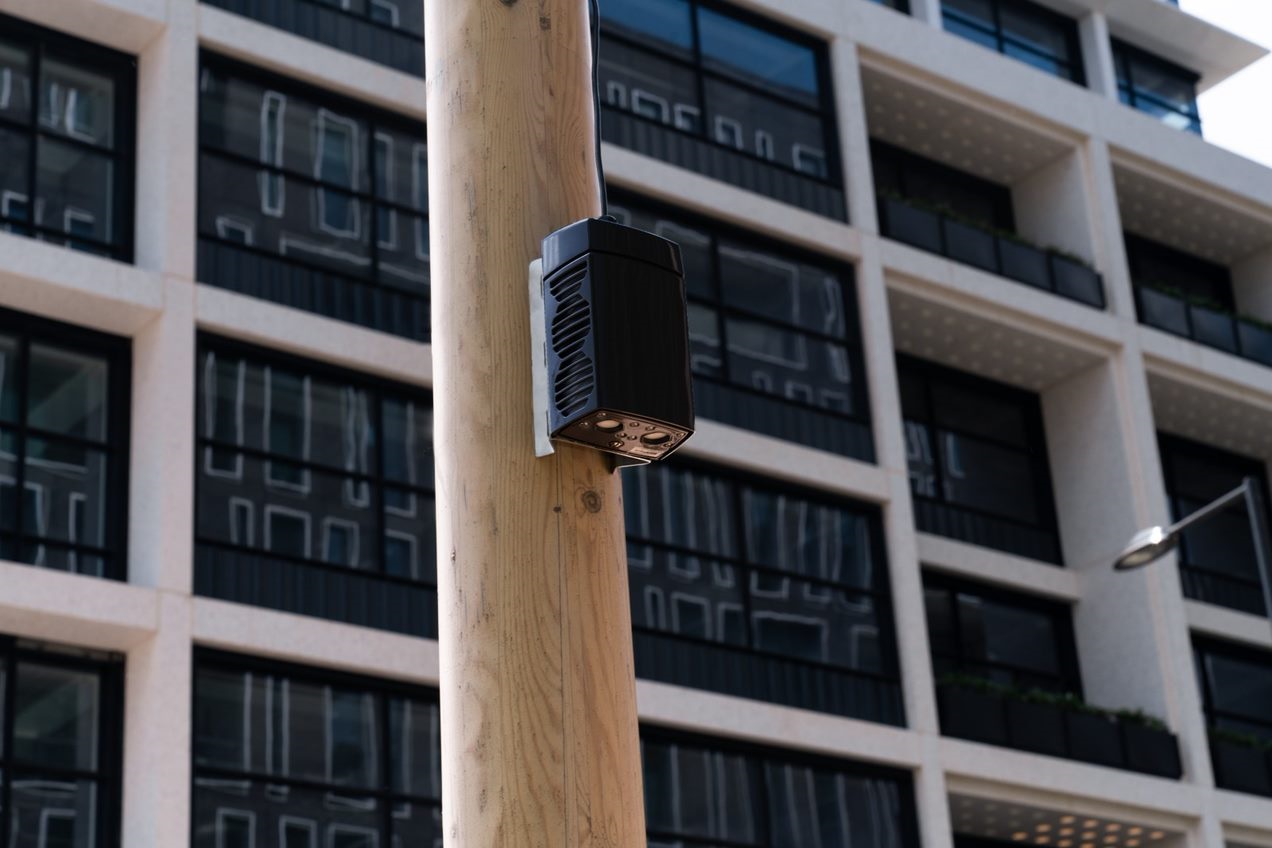
Air quality specialist AirScape has launched an air quality sensor network in London, UK.
The company has installed more than 225 air quality sensors across the borough of Camden, in partnership with Camden Council and The Camden Clean Air Initiative.
These provide street-level, real-time air pollution data that is freely accessible to the public, businesses and local authorities on a web platform to enable direct action to tackle poor air quality.
AirScape says the fixed sensor network provides 45 times more data points and refreshes 60 times more regularly than existing air quality reference stations, to show a street-by-street picture - identifying daily ‘incidents’ at a micro level, occurring on one street but not another.
Initial data from beta testing has revealed high increases in rush-hour NO2 on a day of strikes by public transit workers (1 March) as more people took to their cars; and unhealthy levels of ozone on the hottest day of the year so far (17 June).
AirScape says it wants to replicate this approach across London and in every major city around the world.
“Air pollution is one of the most profound issues facing humanity today," says Dr Matthew Johnson, chief scientific officer at AirScape.
"Tackling this crisis requires policy makers, businesses and the general public to have a real-time, accurate understanding of air quality through accessible, publicly available data."
The project is "making the invisible, visible", he says.
The data generated can enable the public to choose less polluted routes from A to B, feeding into local traffic management policy and providing NHS Trusts and schools with information to help raise awareness of air pollution and protect vulnerable communities.
"The network is supporting policy makers to make data-driven choices to protect the health and wellbeing of the local community, whilst giving the public the ability to make informed decisions every day to reduce their exposure to air pollution," Johnson added.
Councillor Adam Harrison, cabinet member for a sustainable Camden said: “The detailed data from this network will revolutionise how we can engage with our community, giving us the power to make smarter, informed decisions to tackle air pollution."
World Health Organisation data shows that almost all of the global population (99%) breathe air that exceeds WHO guideline limits and contains high levels of pollutants, with low- and middle-income countries suffering from the highest exposures.
At least 40,000 premature deaths each year in the UK are due to air pollution, which is a known contributor to cancer, heart disease, strokes and asthma, causing over 20 times more deaths in the UK than road traffic accidents.











